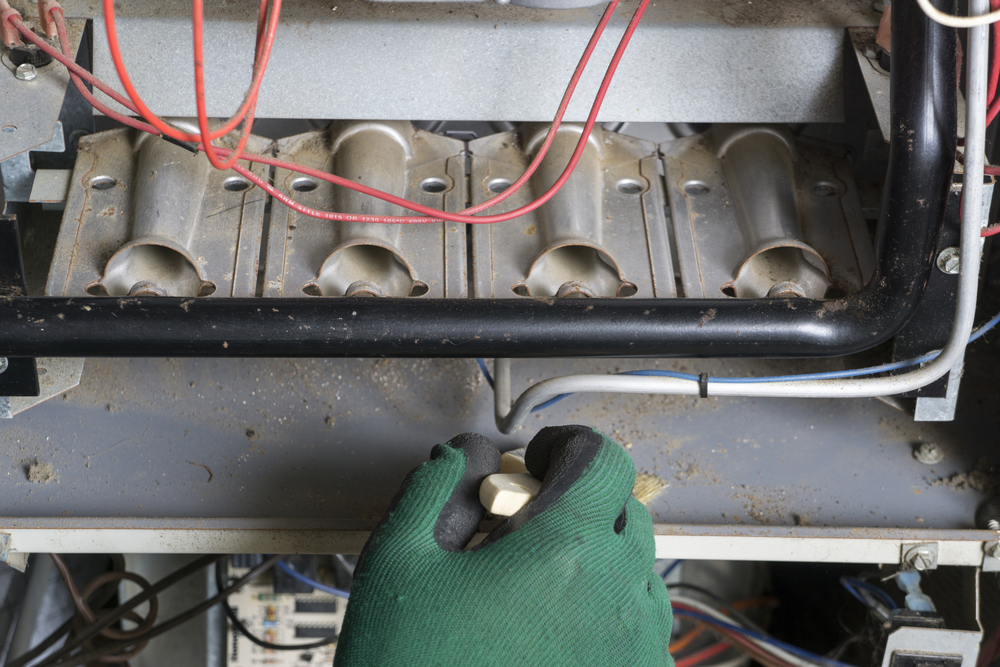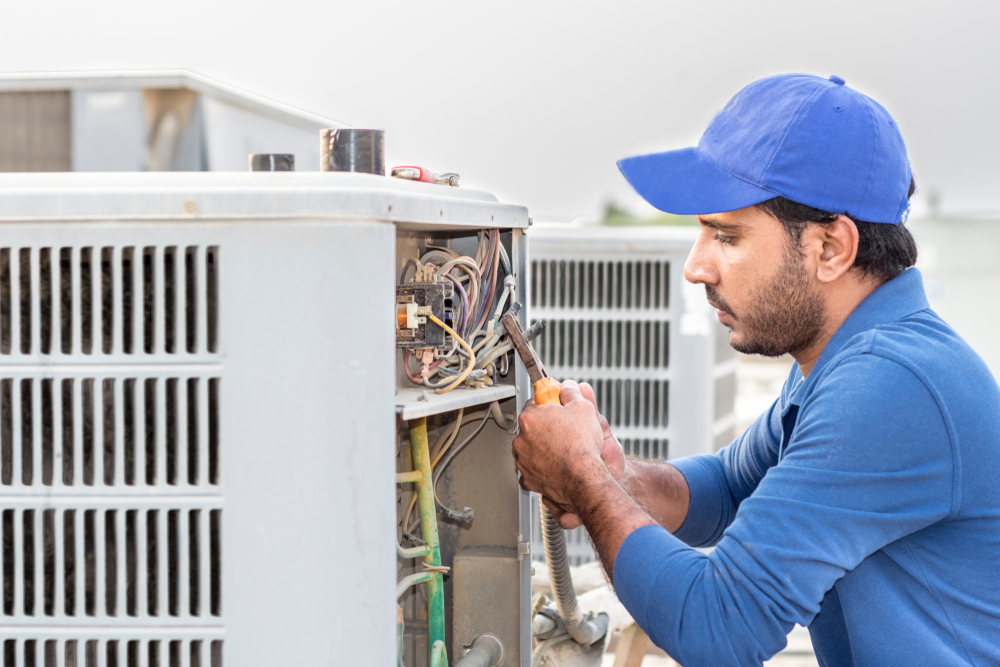
Blog
MERV Rating on Air Filters: What Do They Mean?
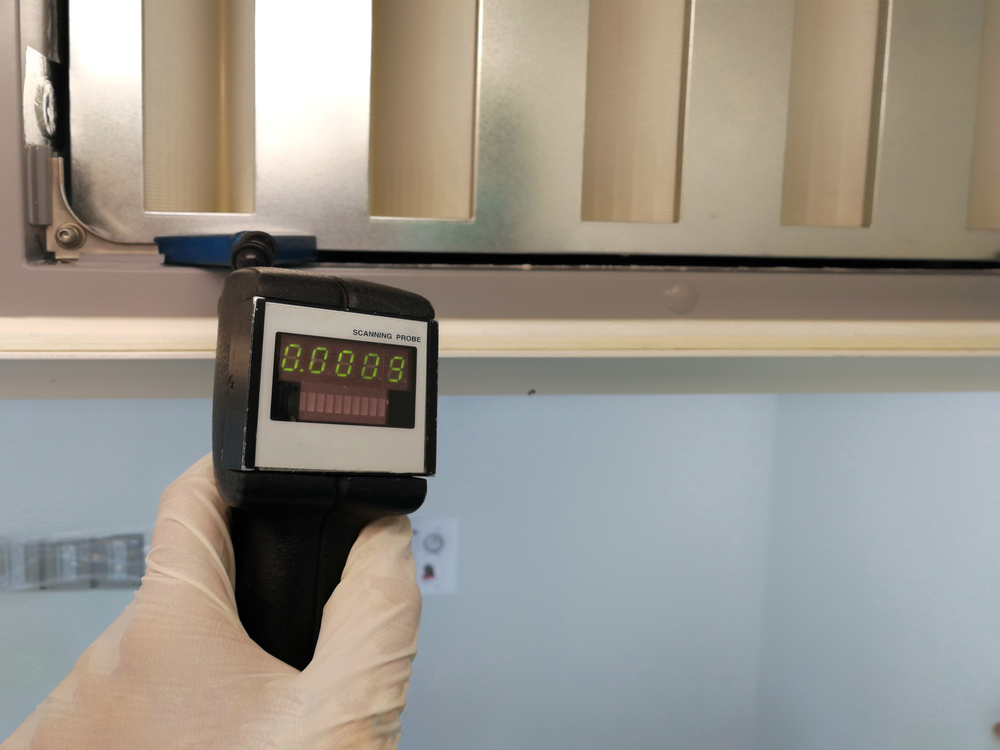
When it comes to choosing an air filter for your home, one of the most important factors to consider is the MERV rating. Short for Minimum Efficiency Reporting Value, this rating tells you how effectively a filter captures airborne particles.
Understanding MERV ratings can help you strike the right balance between cleaner indoor air and an efficiently running HVAC system.
What is a MERV Rating?
MERV is a standardized system developed by the American Society of Heating, Refrigerating, and Air-Conditioning Engineers (ASHRAE). Ratings range from 1 to 20, with higher numbers indicating a filter’s ability to capture smaller and often more harmful particles like pollen, dust mites, mold spores, pet dander, smoke, and even bacteria.
A higher MERV rating doesn’t always mean it's better for your HVAC system, though. Filters with ratings that are too high can restrict airflow and reduce system efficiency unless your HVAC is designed to handle them. That’s why choosing the right MERV rating involves balancing air quality needs with system compatibility.
Whether you're trying to improve your indoor air quality or simply trying to choose the best option for your home, this guide will help you understand MERV ratings so you can make an informed decision.
What MERV Rating Should I Use?
It may be tempting to go for the filter with the highest rating; however, the best MERV rating for your home depends on your health needs, local environment, allergy concerns, and your HVAC system’s airflow capacity.
While higher MERV filters capture smaller particles, they may not always be necessary or recommended if your system isn’t built to handle them.
Now that you can answer “what is a MERV rating?” let’s help you find the perfect match:
MERV 1–4
Filters in this range are designed to block only the largest dust and airborne particles. They're commonly used in inexpensive fiberglass filters or older HVAC units. While significantly affordable, they provide the lowest level of indoor air protection.
- Best For: Basic dust control.
- Protects Against: Lint, pollen, carpet fibers.
- Not Suitable For: Allergy sufferers or homes with pets.
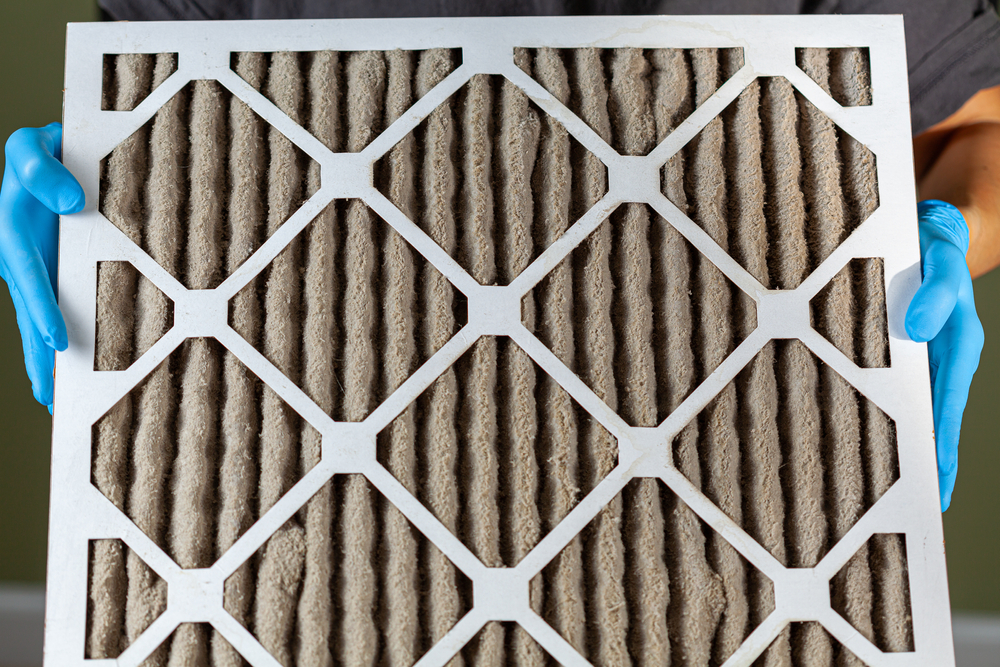
MERV 5–8
This category is a level up, capturing smaller particles such as fine dust, mold spores, and pet dander. MERV ratings 5-8 are a sufficient choice for most homes with light allergy concerns. They also work well with most HVAC systems without reducing performance.
These filters are the best option for achieving a balance between efficiency and affordability. If you're unsure which to choose, choosing a MERV 8 over a MERV 6, for instance, will provide better air filtration efficiency.
MERV 9–12
Filters in this range are ideal for households concerned with indoor air pollutants that are smaller than typical allergens. These filters capture fine dust particles, exhaust fumes, lead dust, and some forms of bacteria.
They're particularly useful in urban areas where outdoor air pollution can enter the home or for families with more serious allergies or respiratory sensitivities. MERV 9–12 filters provide superior air cleaning without the system strain that can occur with MERV 13+ filters.
These filters are compatible with newer residential HVAC systems, but it's always a good idea to confirm compatibility with a professional HVAC technician before making an upgrade.
MERV 13–16
These high-efficiency filters are commonly used in hospitals, laboratories, and commercial buildings due to their ability to capture extremely small particles, providing filtration levels comparable to those of HEPA filters. They are effective at trapping:
- Bacteria
- Smoke particles
- Aerosols and fine allergens
- Some airborne viruses
While MERV ratings in this range are primarily intended for commercial environments, MERV 13 is the highest rating typically recommended for residential systems. It’s an excellent choice for households with severe allergies, respiratory conditions, compromised immune systems, or those who place a strong priority on maintaining clean indoor air.
However, because these filters are denser, they can restrict airflow in standard HVAC systems. Always consult an HVAC professional to ensure your system can support a higher-efficiency filter without sacrificing performance.
MERV 17–20
Filters rated 17 and above fall into the HEPA (High-Efficiency Particulate Air) category. These are not designed for home HVAC systems and are typically used in:
- Hospitals
- Clean rooms
- Pharmaceutical labs
- High-tech manufacturing facilities
They remove up to 99.97% of particles, including viruses, smoke, and volatile organic compounds. While this may sound ideal, standard residential HVAC systems are not built to withstand these filters, making them impractical for most homes.
Best Air Filters to Use For Your Home
Now that you have a better understanding of MERV rating ranges and what they mean, let’s explore the most common types of air filters used in residential HVAC systems.
Each filter type offers different levels of performance, cost, and maintenance, and knowing how they compare can help you choose the best option for your home’s air quality needs, energy efficiency, and overall comfort.
Whether you’re dealing with allergies, pets, wildfire smoke, or just want to breathe cleaner air, the right filter can make a big difference.
Fiberglass Filters
Fiberglass filters are the most basic and cost-effective option. They are most effective against large particles and are therefore best for households without pets or severe allergies.
- MERV Rating: Usually 1–4.
- Pros: Cheap, disposable, and widely available.
- Cons: Poor filtration performance.
- Best For: Minimal filtration needs, temporary use.
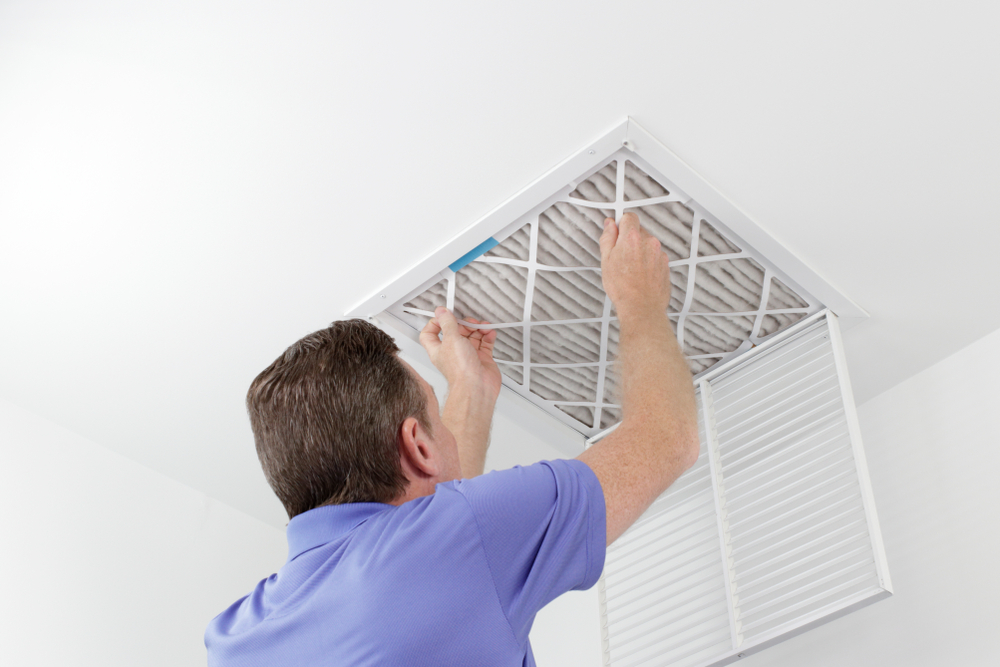
Pleated Filters
Pleated filters are one of the best choices for routine air filter installation in residential homes. They are better at trapping small particles such as dust, pollen, smoke, and volatile organic compounds (VOCs). They offer a reliable balance between protection and system efficiency and are made from recycled material for a sustainable option.
- MERV Rating: Typically 5–13.
- Pros: Better surface area for particle capture, improved airflow.
- Cons: Slightly higher cost than fiberglass.
- Best For: Homes with pets, allergies, or general air quality concerns.
Media Filters
Media filters are high-capacity filters typically installed within a home’s HVAC system as part of a whole-house air purification setup. They provide superior filtration over standard filters without significantly restricting airflow, making them a great balance between performance and system efficiency.
- MERV Rating: 8–13
- Pros: Long lifespan (6–12 months) and high filtration efficiency.
- Cons: May require professional installation.
- Best For: Whole-home filtration and people with allergies or respiratory issues
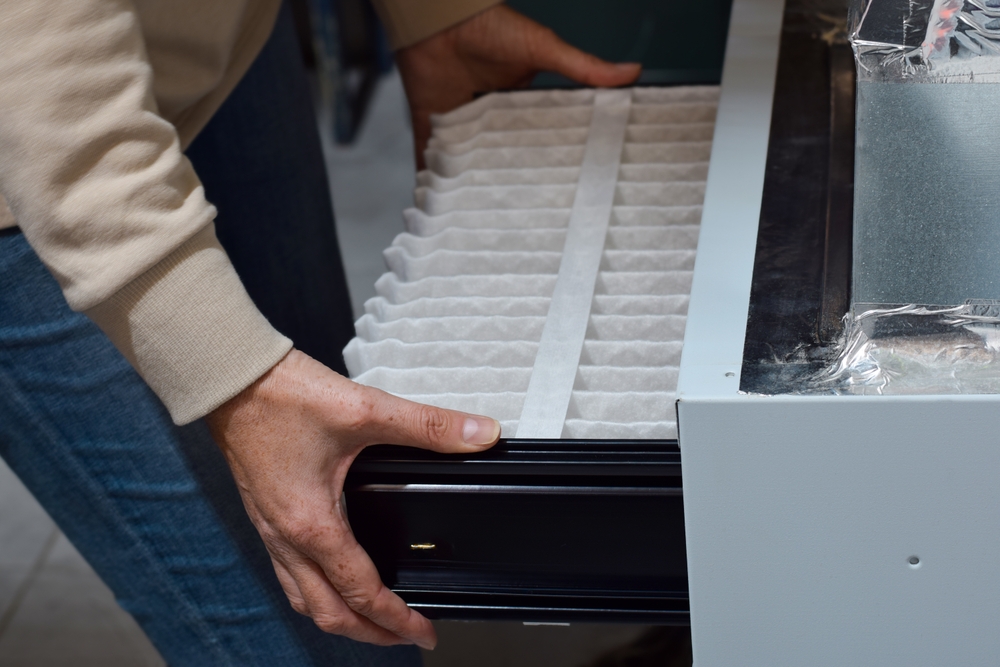
HEPA Filters
While technically not used in standard HVAC systems, HEPA filters can be used in room purifiers or specially designed whole-home systems. They are a great option for homes with high allergy concerns or commercial spaces with sterile requirements, such as hospitals.
- MERV Rating: Equivalent to 17–20.
- Pros: Exceptional at trapping viruses, smoke, and allergens.
- Cons: Requires special HVAC setup; may restrict airflow.
- Best For: Medical-grade environments or standalone air purifiers.
Electrostatic Filters
These filters use a static charge to attract particles. They offer good filtration and may reduce waste if used correctly. They are both washable and disposable.
- MERV Rating: Varies; typically 8–10.
- Pros: Washable versions are available and reusable.
- Cons: Can lose efficiency over time.
- Best For: Eco-conscious homeowners.
Contact Total Comfort for Air Filter & Air Filtration System Installation
Choosing the right air filter for your home doesn't have to be confusing. Whether you're wondering what MERV rating is best or need help selecting the most efficient filter for your HVAC system, Total Comfort is here to help.
Our experienced technicians will evaluate your system and help you select a filter that enhances your home's indoor air quality without compromising your equipment's performance. We handle the entire air filter installation process and can even recommend or install a full air filtration system if needed.
Need help deciding when to change your filter? We’ve got you covered.
Contact Total Comfort today to schedule a consultation or installation service that keeps your air clean and your system running smoothly.
Frequently Asked Questions
For most households, a MERV 8 to MERV 13 filter offers the best combination of efficiency and airflow. These filters effectively capture common pollutants like pollen, pet dander, and dust without overloading your HVAC system.
Yes, in most cases. MERV 8 filters are highly effective for homes without severe allergy concerns. They capture particles such as mold spores, dust mites, and pollen.
Unless you have asthma or other respiratory issues, MERV 8 is generally a safe and affordable option.
It depends on your HVAC system. While MERV 13 filters can trap smoke, bacteria, and finer allergens, their dense material can strain older or less powerful HVAC units. Always consult a technician before upgrading.
MERV 5 is the most basic air filtration level, but it may not be sufficient for homes with pets, allergies, or high levels of outdoor air pollution. You may want to consider at least a MERV 8 for a better balance of filtration and airflow.



